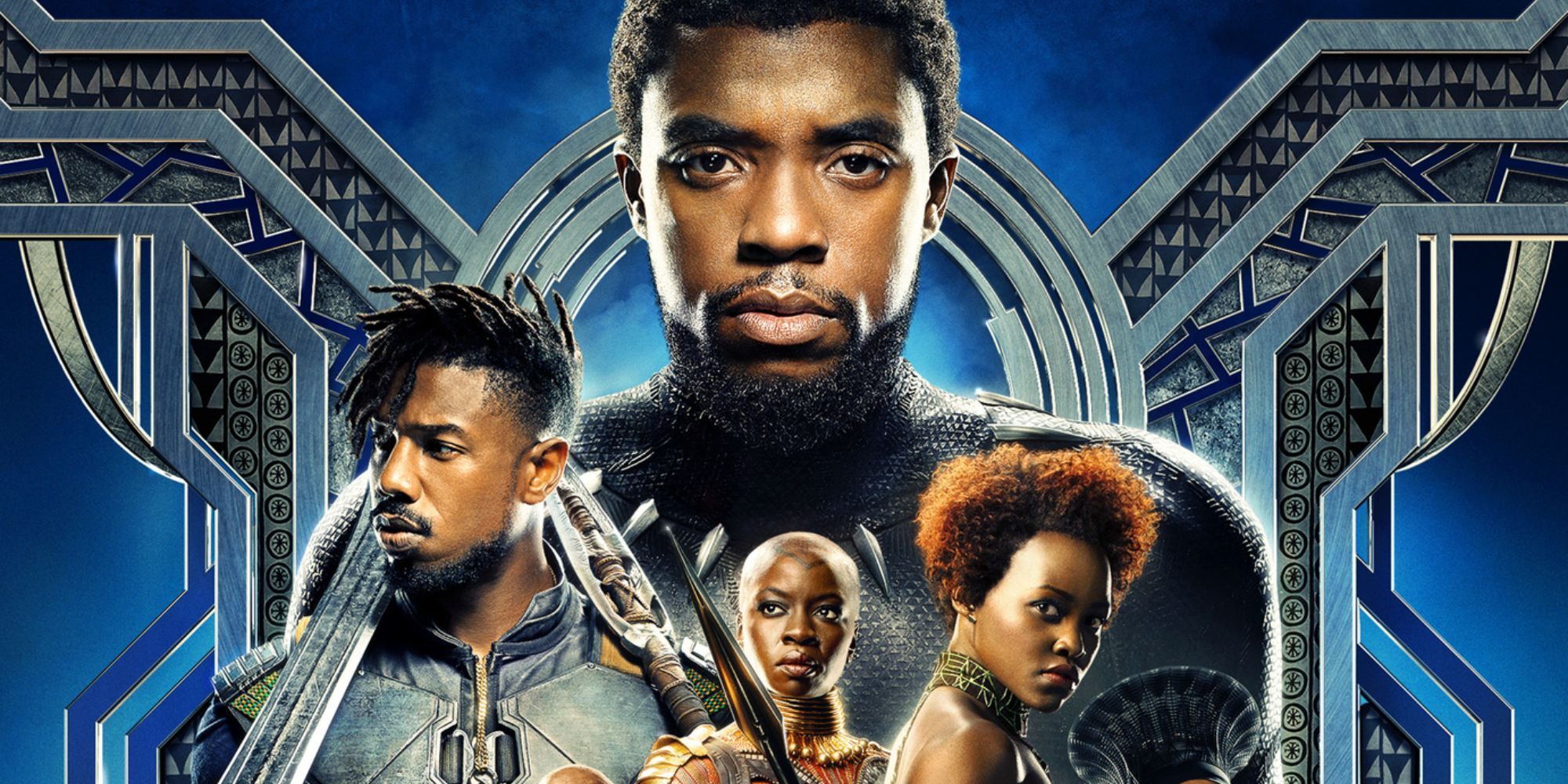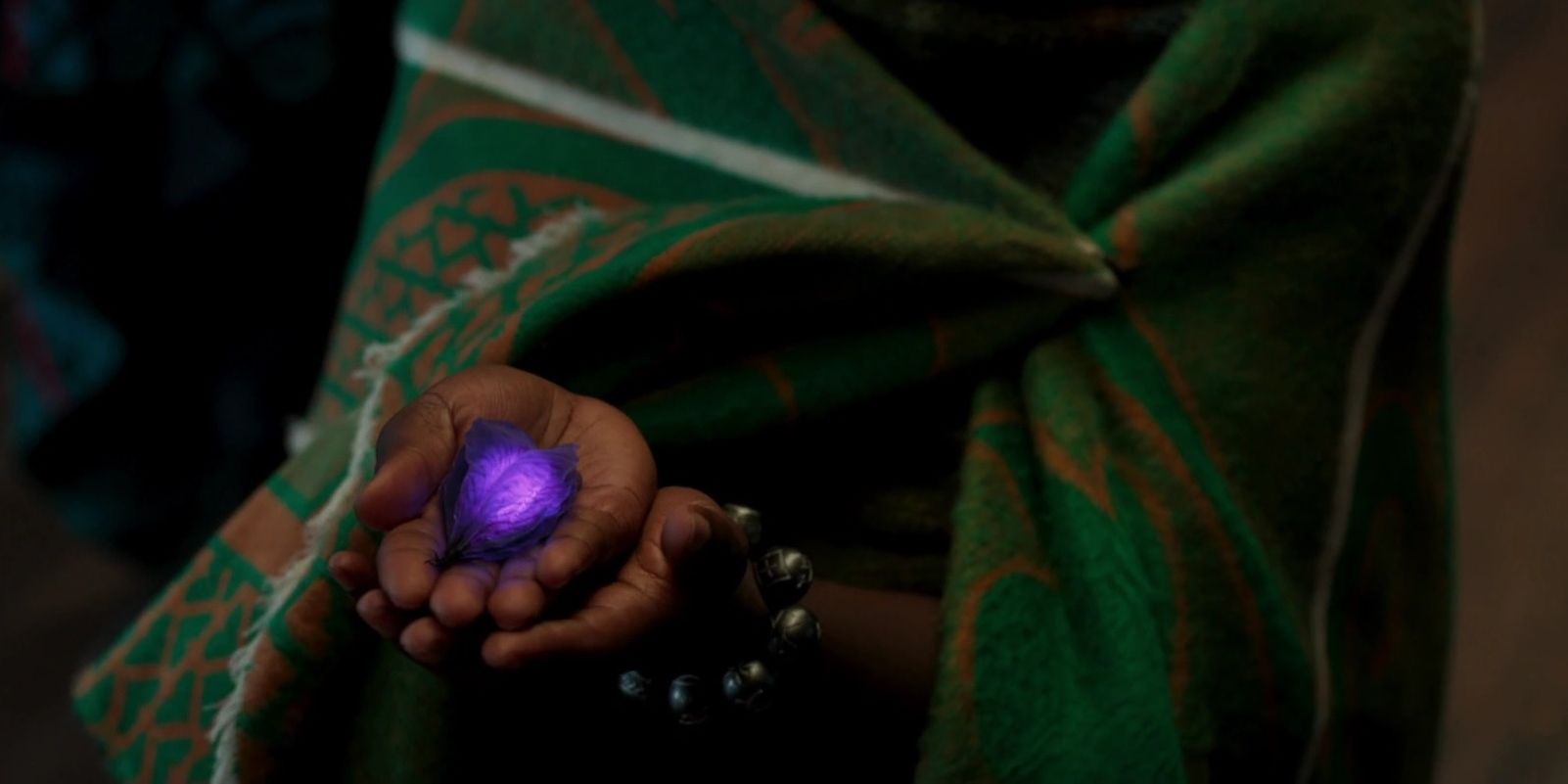The Marvel Cinematic Universe has done a great job at bringing the worlds of its comic books to the big and small screen. Both in scale and detail, each entry has faithfully adapted many aspects of its characters and the surrounding lore. That said, there have also been particular updates that have better-served everything from the timeline to characterizations. A great example of this was establishing the age gap between Hank Pym and Scott Lang or making the Gods of Asgard more extraterrestrial rather than deities. Even smaller changes have been made to established lore for much smoother continuity.
In Black Panther, there's much that remained faithful to the source. Some of the best aspects came from the film's uses of Vibranium and the ritual in which to choose the next ruler of Wakanda. While the basic customs remained, some of the applications of its most important aspects were altered to offer a more significant narrative impact, like the heart-shaped herb.
The Heart-Shaped Herb Had One Important Quality
In the comics, the heart-shaped herb acted similarly to the one in the film. Those that had ingested the herb would obtain the powers of the Black Panther. This could only be earned after ritualistic combat presented as trials for the would-be ruler. Once that was completed, the user would have to be worthy of noble blood or risk being poisoned by the herb. This often resulted in enemies like Erik Killmonger creating a synthetic version of the herb to obtain powers of his own. It also proved that only those of royal blood would be deemed worthy more than others.
In Black Panther, this particular aspect of the herb was altered. Instead, its powers could be given and taken away by anyone who ingested it. This allowed a wider opportunity for others to utilize its power and potentially rule Wakanda. That said, it also caused some issues, as with anyone being able to use the herb, it lost some of its importance in terms of royalty. For example, when Nakia stole the last herb before Killmonger burned the garden down, she was offered to be the one to take it but refused. Even though the chance for anyone to be the Panther was now an option, it helped drive home a new, more important theme.
How the Herb's Change Benefited the MCU's Black Panther?
Changing the properties of the heart-shaped herb also changed the lesson that had to be taught. In the comics, by only having those of royal blood take the herb, it secured that it could never fall into the wrong hands, making many moral dilemmas an external issue. However, by making anyone able to take the herb in the film, it brought up themes and questions about power and its abuse.
For example, when Killmonger took the herb, he used its power to enforce his will. Essentially the power only further corrupted his mind and made him feel invincible. However, in T'Challa's case, he understood the weight of the power he was given and sought to use it to help others rather than himself. It showed that no matter if a person was royal, powerful, good or bad, it wasn't the herb that defined the user but the user's choices. As a result, the change brought deeper themes to the Black Panther franchise and Wakanda as power was proven not to be everything.



